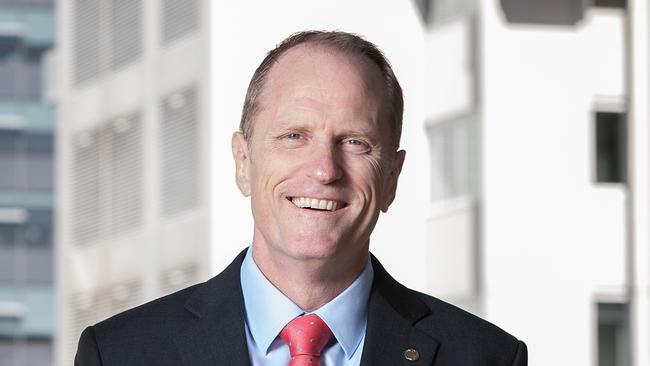Activists hijack industry climate push
Australia’s oil and gas industry says it will not stand by and be overrun by climate activists like the coal sector.

Australia’s oil and gas industry is concerned that organisations pushing companies on environmental and social outcomes are being hijacked by activists and are using “dodgy shareholder tactics” to stop projects.
Oil and gas lobby group APPEA says “extreme environmental front groups”, including the Australasian Centre for Corporate Responsibility, Market Forces and Institute for Energy Economics and Financial Analysis, are targeting banks and super funds.
In a submission to a parliamentary inquiry probing prudential regulation of investment in Australia’s export industries, APPEA said climate activists ignored the reality that “natural gas will play a key role in achieving the objectives of the Paris Agreement”, cutting emissions while ensuring reliable energy.
The oil and gas sector, which supports more than 80,000 jobs through companies including BP, Shell, Santos, Origin and Woodside, is increasingly concerned by the threat to investment as lenders aggressively pursue environmental, social and corporate governance strategies under pressure from climate activists.
The intervention, which comes after Josh Frydenberg last week announced a crackdown on proxy advisers to inject greater oversight into the decisions of institutional shareholders including super funds, was prompted by risks to future projects and Australia’s oil supply.
APPEA chief executive Andrew McConville said it was “time to call out the extreme environmental movement’s dodgy shareholder tactics” targeting the oil and gas sector, which contributes almost 3 per cent to Australia’s GDP and 11 per cent of exports.
“These groups attack shareholders, banks and other lending institutions as a backdoor to stopping projects and killing jobs,” he said. “Activists are getting more sophisticated — instead of tying themselves to worksites, they are using shareholder meetings to wage their ideological war and it must stop.
“The oil and gas industry is no longer going to sit by and allow this misinformation to fester and stop vital projects. It is time to name and shame these groups and call out who they represent.”
Mr McConville said the International Energy Agency found that between 2010 and 2018, coal-to-gas switching had “saved around 500 million tonnes of CO2 — equivalent to putting an extra 200 million EVs running on zero-carbon electricity on the road over the same period”.
“The use of Australian LNG by key trading partners can help improve air quality, reduce greenhouse gas emissions and improve energy security. These groups aren’t interested in facts; stopping projects is big business for them and they don’t care about the cost,” he said.
In the parliamentary submission, an APPEA member company said “the debt banking market and equity market (particularly superannuation funds) are increasingly informing the market and [companies] that they can no longer invest in [companies] or fund oil projects”.
“From a debt perspective, this is incredibly important because Australian banks are vital to the lending process, where they have historically played a lead role in arranging debt. An absence of Australian banks from this market would make it infinitely more difficult to raise the debt finance to develop … oil and gas fields,” the company said.






To join the conversation, please log in. Don't have an account? Register
Join the conversation, you are commenting as Logout